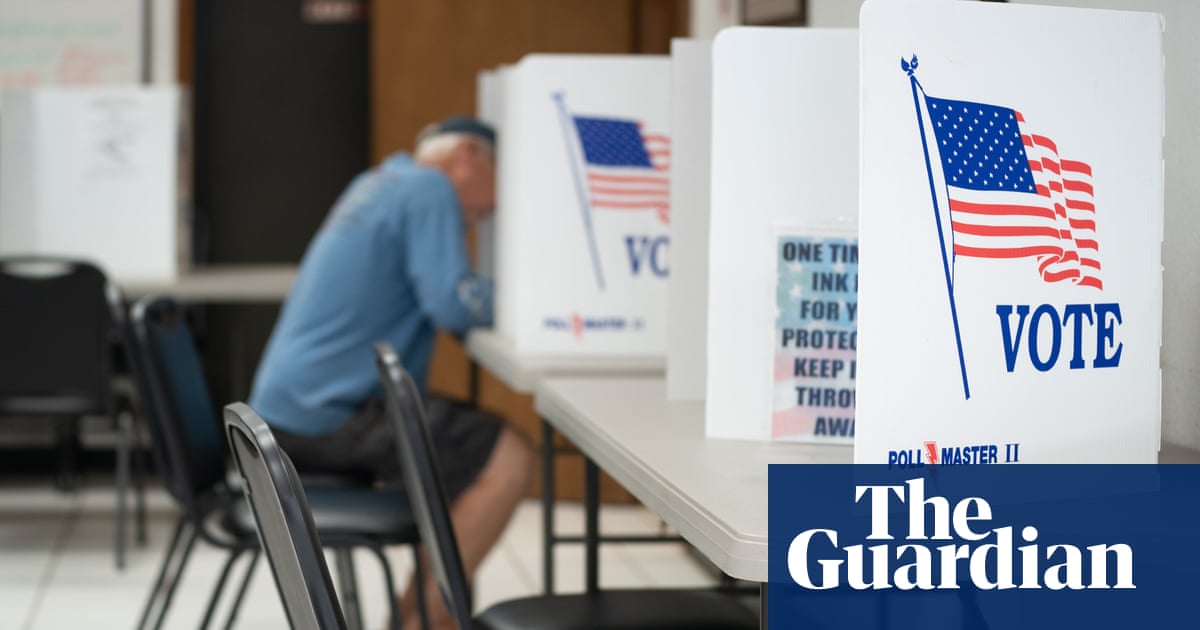(The Guardian) Supreme court rejects challenge to state courts' authority in redistricting
The supreme court has rejected a conservative challenge to the ability of state courts to weigh in on congressional maps, batting away a petition that could have transformed redistricting across the United States.
We are reading the decision just handed down in the case of Moore v Harper, and will let you know more about what it means for American politics.
In the case of Moore v Harper, Republican lawmakers who dominate North Carolina’s general assembly asked the supreme court to endorse the independent state legislature theory.
If the justices had adopted it, state courts could have been stripped of their ability to weigh in on congressional maps drawn by lawmakers, potentially exacerbating partisan gerrymanders and transforming the battle for control of the US House of Representatives, as well as state legislatures.
But by a 6-3 vote, the supreme court declined to do so in their just-released decision, which advocates see as a win for safeguarding America’s democratic norms.
The Guardian’s Sam Levine has a closer look at the supreme court’s decision this morning that represents both a win for America’s democratic norms, and a rejection of a fringe legal theory embraced by some on the right: The US supreme court shot down a fringe legal theory that observers said posed a considerable threat to democracy, ruling that state courts have the authority to weigh in on disputes over federal election rules.
The 6-3 decision in Moore v Harper is a blow to North Carolina Republicans who had asked the court to embrace the so-called independent state legislature theory – the idea that the US constitution does not allow state courts to limit the power of state legislatures when it comes to federal elections. Such a decision in the case would have been a major win for Republicans, who control more state legislatures than Democrats do. Some of the conservative justices on the court had urged the bench to embrace the idea.

 www.theguardian.com
www.theguardian.com
The supreme court has rejected a conservative challenge to the ability of state courts to weigh in on congressional maps, batting away a petition that could have transformed redistricting across the United States.
We are reading the decision just handed down in the case of Moore v Harper, and will let you know more about what it means for American politics.
In the case of Moore v Harper, Republican lawmakers who dominate North Carolina’s general assembly asked the supreme court to endorse the independent state legislature theory.
If the justices had adopted it, state courts could have been stripped of their ability to weigh in on congressional maps drawn by lawmakers, potentially exacerbating partisan gerrymanders and transforming the battle for control of the US House of Representatives, as well as state legislatures.
But by a 6-3 vote, the supreme court declined to do so in their just-released decision, which advocates see as a win for safeguarding America’s democratic norms.
The Guardian’s Sam Levine has a closer look at the supreme court’s decision this morning that represents both a win for America’s democratic norms, and a rejection of a fringe legal theory embraced by some on the right: The US supreme court shot down a fringe legal theory that observers said posed a considerable threat to democracy, ruling that state courts have the authority to weigh in on disputes over federal election rules.
The 6-3 decision in Moore v Harper is a blow to North Carolina Republicans who had asked the court to embrace the so-called independent state legislature theory – the idea that the US constitution does not allow state courts to limit the power of state legislatures when it comes to federal elections. Such a decision in the case would have been a major win for Republicans, who control more state legislatures than Democrats do. Some of the conservative justices on the court had urged the bench to embrace the idea.

Supreme court rules against fringe legal theory in key voting rights case
North Carolina Republicans requested justices issue ruling following dispute over electoral maps
